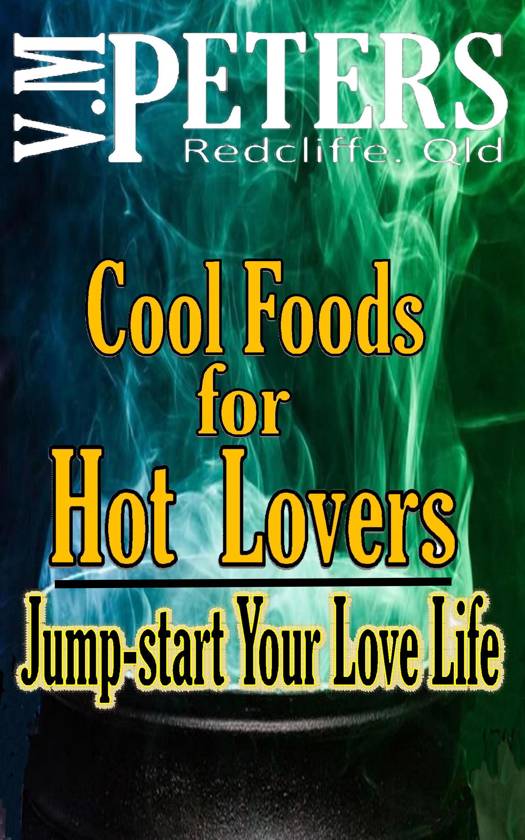
- Retrait gratuit dans votre magasin Club
- 7.000.000 titres dans notre catalogue
- Payer en toute sécurité
- Toujours un magasin près de chez vous
- Retrait gratuit dans votre magasin Club
- 7.000.000 titres dans notre catalogue
- Payer en toute sécurité
- Toujours un magasin près de chez vous
Description
Throughout history lovers searched for those special foods that would help them be the best they could be. For Casanova, it was the oysters. To the ancient Egyptians it was seafood generally. So potent did they see seafood, that it was forbidden to the celibate priests in case they ceased being celibate.
In the Elizabethan times, the ladies of the red-light district believed they had the answer to turning a man on. As the client stood around kicking his heels waiting for his turn, the Madam would be circulating with a silver platter piled high with prunes, thought to be a real libido-enhancer. A handful of prunes, and by the time he took to the stairs three at a time, the timid pimply hayseed of a moment ago would be transformed into an Errol Flynn.
In the Medieval times witches and wizards used pine nuts to create love potions for those who felt the need for stimulation. There was even an Arabian expert who believed that to be unstoppable in bed, all you needed to do was to eat one hundred of these little nuts before you went out into the night seeking love and you were bound to come home replete.
Honey is pretty much on the list of all successful lovers, especially when combined with other sex-performance enhancers. Eggs and honey were used by ancient cultures to promote both performance and fertility, while an Arab recipe promises an unforgettable experience for the lover who prepares himself with a concoction of honey, almonds and pine nuts.
Fruit and vegetables, as love-enhancing ingredient, have a long history. Don't both first appear in paradise?
To inspire you this book details some 100 foods, most of which you'll find in your local supermarket, and learn why they have been named desirable foods for the active lover.
So if you're in the mood to test the theories for a more intense and sustaining sex-life, check out some of these ancient theories, including that of Hippocrates, father of medicine, who lived to be ninety and believed a man could be virile well into old age if he ate the right food.
Spécifications
Parties prenantes
- Auteur(s) :
- Editeur:
Contenu
- Langue:
- Anglais
Caractéristiques
- EAN:
- 9780987322180
- Date de parution :
- 05-04-22
- Format:
- Ebook
- Protection digitale:
- /
- Format numérique:
- ePub







